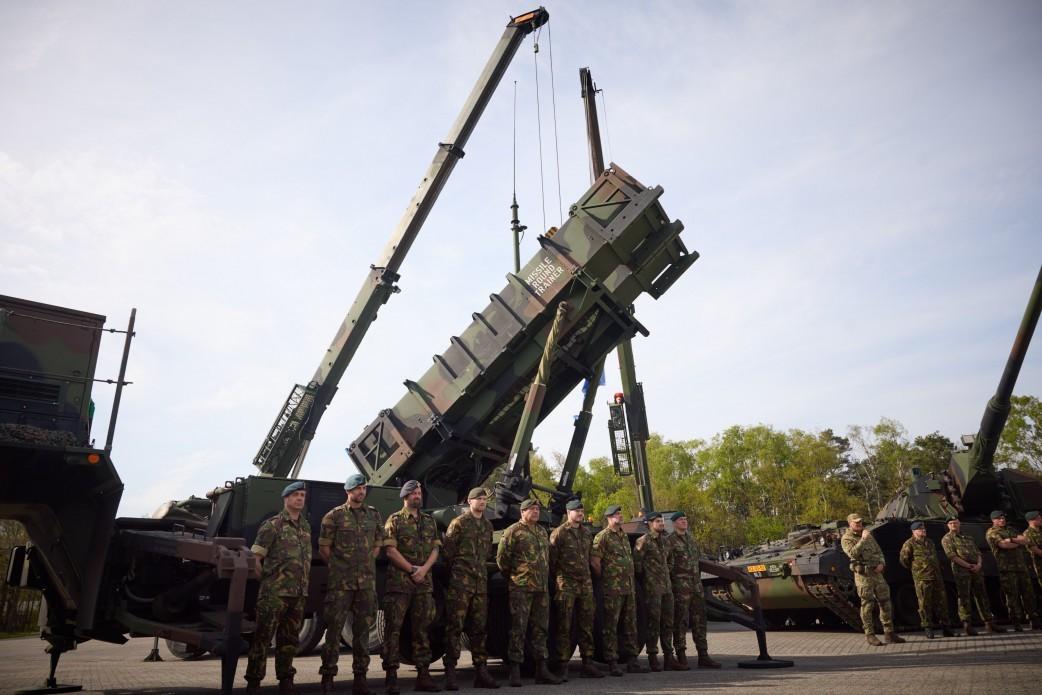
Patriot
FARNBOROUGH—Raytheon has been building its international co-production to meet an insatiable demand for its Patriot and National Advanced Surface-to-Air Missile System interceptors as it is working through the White House directive to prioritize Ukraine over other customers.
The Biden administration’s directive to move Ukraine to the front of the line for the interceptors has been understood by other international customers, mostly because they are NATO partners who themselves have been donating the interceptors to Ukraine, says Thomas Laliberty, the company’s president of Land and Air Defense Systems.
“That said, they would like to understand, kind of, like the scope of what’s going on,” he told reporters July 22 at the Farnborough Airshow here. “So we’re still working with the United States Air Force to have a better response to that specific question.
“But what I will tell you is, without kind of getting into the sort of details, we’re actively working with the U.S. Air Force to expand the capacity of our [AIM-120 Advanced Medium-Range Air-to-Air Missile] production line so that we can surge our capacity to start delivering more and hopefully having enough to supply all our customers.”
AMRAAM is the interceptor used by the NASAMS system. Raytheon is also growing partnerships to expand the Patriot capacity. These steps include an April announcement that it signed an agreement with Sener in Spain to modernize the missile’s control actuation system. The company has an agreement with Bayern-Chemie in Germany for rocket motor production. It also established an all-up round production agreement with MBDA to help double production of the interceptors.
At the end of last year, NATO ordered 1,000 Patriot Guided Enhanced Missile interceptors, which will be delivered by priority to individual members.
A key limiting factor is the production of solid rocket motors, which are in very high demand with a limited supply chain. Raytheon has struggled with provider Aerojet Rocketdyne to receive enough solid rocket motors. The company has since been acquired by L3Harris, which provides products for dozens of Raytheon programs. L3Harris is performing “extremely well” on some programs, while also having challenges to meet schedules on others, Laliberty says. Raytheon is looking at other ways to increase capacity, including a Nammo production line in Norway and Florida.
